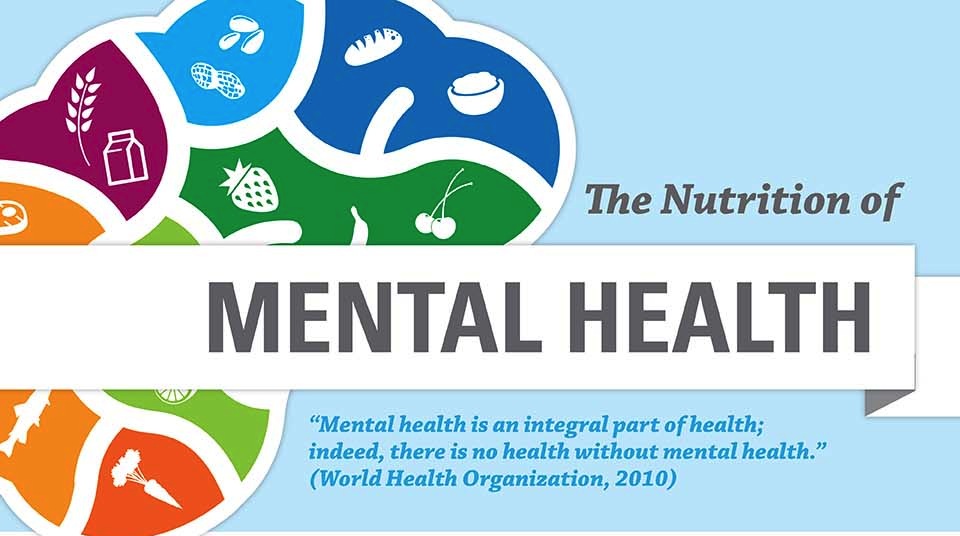

Remind yourself daily of things you are grateful for. Try to be mindful of what you have accomplished at the end of the day, not what you have been unable to do. Learn to say “no” to new tasks if you start to feel like you’re taking on too much. Set goals and priorities. Decide what must get done now and what can wait.Schedule regular times for these and other healthy activities you enjoy such as journaling. Try a relaxing activity. Explore relaxation or wellness programs or apps, which may incorporate meditation, muscle relaxation, or breathing exercises.Blue light from devices and screens can make it harder to fall asleep, so reduce blue light exposure from your phone or computer before bedtime. Stick to a schedule, and make sure you’re getting enough sleep. Also, limit caffeinated beverages such as soft drinks or coffee. A balanced diet and plenty of water can improve your energy and focus throughout the day. Eat healthy, regular meals and stay hydrated.Small amounts of exercise add up, so don’t be discouraged if you can’t do 30 minutes at one time. Get regular exercise. Just 30 minutes of walking every day can help boost your mood and improve your health.Here are some tips to help you get started with self-care:

Even small acts of self-care in your daily life can have a big impact. When it comes to your mental health, self-care can help you manage stress, lower your risk of illness, and increase your energy. Self-care means taking the time to do things that help you live well and improve both your physical health and mental health. Self-care can play a role in maintaining your mental health and help support your treatment and recovery if you have a mental illness. Mental health is more than the absence of a mental illness-it’s essential to your overall health and quality of life. It affects how we think, feel, act, make choices, and relate to others. Mental health includes emotional, psychological, and social well-being.

Mental health infographic how to#
Get the help and support you need and learn how to recognize and support a colleague who is experiencing a mental health challenge. When employers recognize this and create a culture that supports worker’s mental health, workers are more likely to speak openly, know where to go for help or advice and are more than twice as likely to love their jobs (Accenture).įor Mental Health Awareness Month, Disability:IN recommends three actions to be a mental health champion and ally: Notice, Act, Refer. ( Jump to Infographic)

The stigma is as great a challenge as the disease itself, which is why only 33% of the people who need help will get it due to societal stigma and fear of repercussions at work (MHFA).Īccording to Mental Health America’s recent Mind the Workplace 2022 Report, important strategies to improve employee mental health outcomes include company leadership investment, managerial support, and employee empowerment. We know that although 90% of workers have been touched by mental health challenges (Accenture), either personally or through someone they are close to, the fact remains that there is still stigma associated with the illness. Considering mental illness is the leading cause of adult disability today due to lack of early intervention (One Mind at Work), it is important for corporations to join IN the conversation and efforts around mental health. Leslie Wilson, EVP of Global Workplace Initiatives at Disability:IN, is passionate about this topic and helping corporations (including the 100+ companies participating in Inclusion Works) understand their role in building an inclusive workplace. This important topic takes a global stage on October 10 th for World Mental Health Day. Observed each year in the United States for the month of May, Mental Health Awareness Month is a critical conversation for corporate America.


 0 kommentar(er)
0 kommentar(er)
